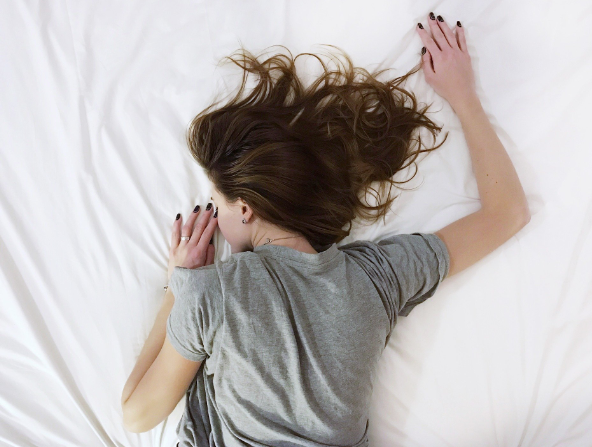Tips to Sleep Better

Overview
Sleep is a crucial part of our brain’s physiological processes; you can think of sleep as a reboot that the brain needs in order to function.
The physiology of sleep is extremely complex, and scientists have yet to unravel all the mysteries surrounding this field.
What we do know, however, is that sleep disturbances are associated with several illnesses that can even be fatal!
In this article, we will cover some of the tips to get better sleep during the night and optimize your performance the day after.
Secret tips to sleep better
Avoid using your phone or laptop before bed
Digital devices emit UV light, which suppresses the production of melatonin. In a way, you will create an artificial daytime environment, preventing you from falling asleep.
The National Sleep Foundation suggests avoiding the use of digital devices a few hours before your bedtime to prevent insomnia and improve sleep quality.
Dim the light before you sleep
Similar to the previous tip, dimming the light helps the hypothalamus to produce melatonin, which is the primary hormone that induces sleep.
Turning this action into a habit will firmly set your biological clock and makes it easier for you to fall asleep.
Avoid exercise right before your bedtime
Exercise is extremely important for the body, as it improves the functioning of the cardiovascular system, metabolism, and the brain.
In fact, scientists found a solid correlation between getting sufficient exercise and good sleep; however, one should avoid exercising late in the evening since it stimulates the production of hormones, such as epinephrine, norepinephrine, and cortisol.
These hormones will keep you on your toes and prevent you from falling asleep.
Limit your naps to 30 minutes
This one is straight forward.
Sleeping for long hours during the day can falsely tell your brain that you don’t need sleep, and you’ll end up with insomnia.
This messes up the circadian rhythm, hence the need to limit your naps to 30 minutes.
Limit the intake of stimulants (e.g. caffeine, nicotine)
Everyone knows that they shouldn’t drink coffee near their bedtime; however, the effect of substances such as caffeine and nicotine can last for hours.
In other words, if you drink a coffee at 5 PM, and your bedtime is around 10 PM, your body might still be under the effect of caffeine, which makes it difficult to sleep.
Keep a regular schedule
It’s easy to get caught up in a favorite show and stay up late knowing it’s the weekend and you can sleep in…don’t do it. Try to keep a normal bedtime and wake up time that allows for 7-8 hours of quality sleep. Your body will adapt and start preparing for bed on its own.
Conclusion
Sleep is an important part of our life, and it plays a major role in our health status. Therefore, we should concentrate more on improving our sleep quality and quantity (7-8 hours every night).
If you have anything to add to this topic, feel free to share your thoughts in the comment section below.
